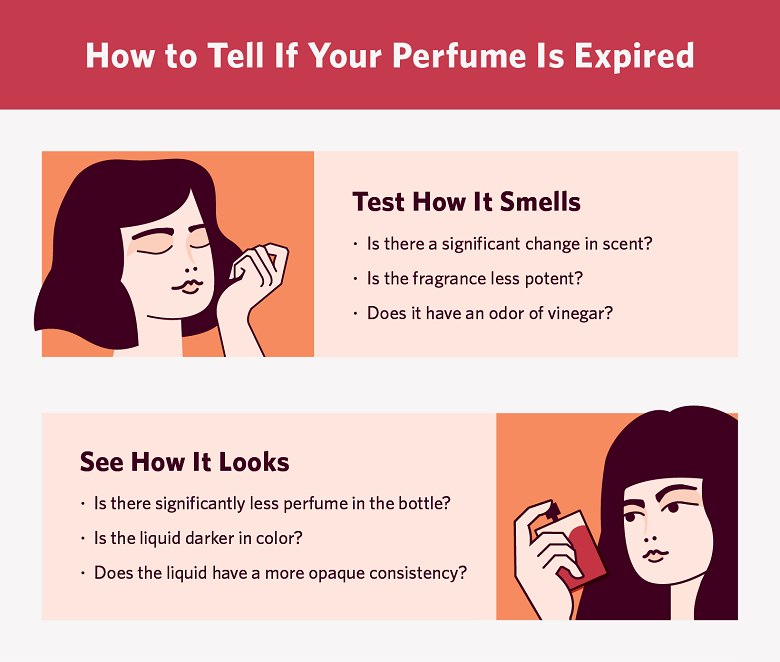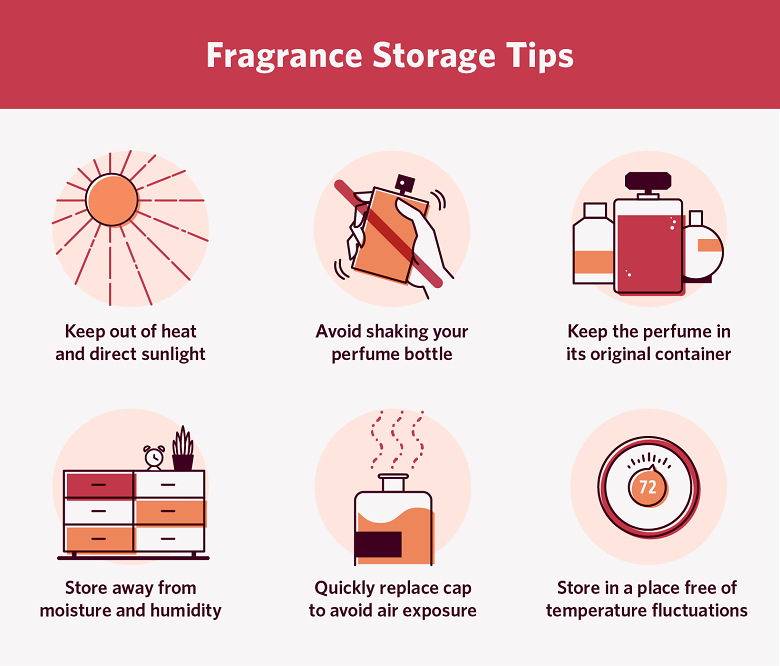when perfume goes bad?
Introduction
Perfumes are more than just pleasant scents; they're an expression of one's personality and style. However, like any other beauty product, perfumes have a lifespan. Understanding when a perfume goes bad is crucial to ensure you're always wearing a fragrance at its best. In this article, we'll delve into the fascinating world of perfumery, exploring the factors that influence a perfume's longevity and how to recognize when it's time to bid adieu to your favorite fragrance.
1. The Science Behind Perfumes
Before we understand why perfumes go bad, let's comprehend the science behind these fragrant concoctions. Perfumes consist of a delicate balance of top, middle, and base notes. Each note has its own volatility, affecting how long the fragrance lasts on your skin. Factors like temperature, light, and air exposure can disrupt this delicate balance, altering the scent over time.
2. Shelf Life of Perfumes
Unlike fine wines, perfumes don't get better with age. Most perfumes have a shelf life of three to five years from the manufacturing date. However, this can vary based on the ingredients used. Natural oils, for instance, have a shorter lifespan compared to synthetic ones. Storing your perfume properly, away from direct sunlight and extreme temperatures, can extend its life.
3. Signs Your Perfume Has Gone Bad
Identifying a spoiled perfume involves using your senses:
a. Smell: If your perfume smells different from how it used to, it might have gone bad. Spoiled perfumes often develop a sour or rancid odor.
b. Color: Changes in color, especially to a darker shade, indicate chemical reactions within the perfume, rendering it unfit for use.
c. Texture: Perfumes should have a consistent texture. If you notice any clumps or particles, it's a sign that the fragrance has degraded.
d. Skin Reactions: Expired perfumes can cause skin irritations. If you experience redness or itching after applying, it's time to retire the bottle.
4. Preserving Your Perfume
To ensure your perfumes last longer:
a. Store Properly: Keep your perfumes in a cool, dark place, preferably in their original packaging or a box to protect them from light exposure.
b. Avoid Shake-ups: Avoid shaking the perfume bottle vigorously, as it introduces air into the liquid, accelerating the oxidation process.
c. Limited Exposure: Minimize the perfume's contact with air by closing the bottle immediately after use.
5. Reviving Your Perfume Collection
While some perfumes might lose their charm over time, there are ways to rejuvenate them:
a. Layering: Experiment with layering different fragrances to create a unique scent. Sometimes, combining two fading perfumes can result in a surprisingly delightful aroma.
b. Repurposing: If you find a perfume unsuitable for wearing on your skin, consider using it to scent your linens, closets, or even as a room spray. This way, the fragrance doesn't go to waste.
c. DIY Perfume Crafts: Get creative and transform your old perfumes into scented candles, soaps, or potpourri. These make excellent gifts and allow you to enjoy the fragrance in a different form.
6. The Environmental Impact of Perfume Disposal
When disposing of old perfumes, it's essential to be mindful of the environment. Many perfumes contain chemicals that can harm aquatic life and soil quality if not disposed of properly. Instead of pouring perfume down the drain or throwing away the entire bottle, consider taking it to a hazardous waste disposal facility or exploring perfume recycling programs if available in your area.
7. Choosing Perfumes Wisely
To ensure your perfumes have a longer lifespan, it's crucial to choose them wisely from the beginning:
a. Sample Before Buying: Always sample a perfume before making a purchase. Your body chemistry and the environment can significantly influence how a fragrance smells on you.
b. Rotate Your Fragrances: Avoid using the same perfume every day. Rotate between different scents to give each bottle time to breathe and maintain its original quality.
c. Research Ingredients: Familiarize yourself with the ingredients in your perfumes. Natural oils tend to have a shorter lifespan, so if longevity is a priority, opt for perfumes with more stable synthetic components.
Conclusion
Perfumes, like fine art, deserve to be appreciated in their prime. By understanding the factors that cause perfumes to go bad and taking appropriate measures, you can enjoy your favorite fragrances to the fullest. Regularly assess your perfume collection, and when the time comes to bid farewell to a beloved scent, remember, there's a whole world of new fragrances waiting to be explored. Stay fragrant, stay fabulous!

.png)



